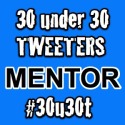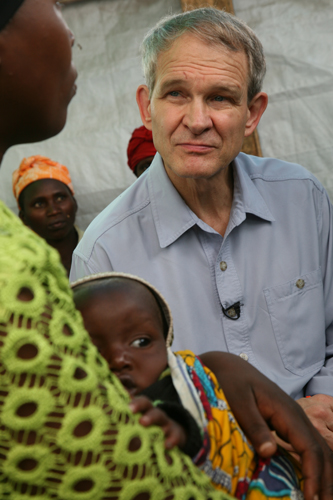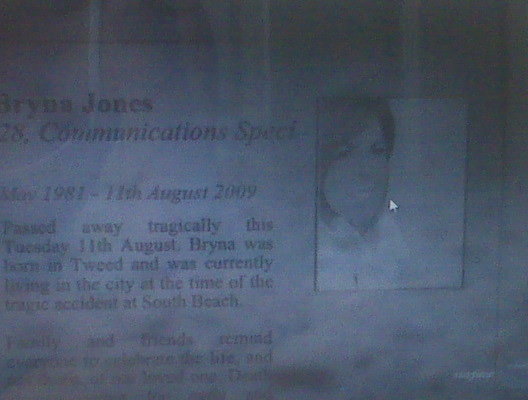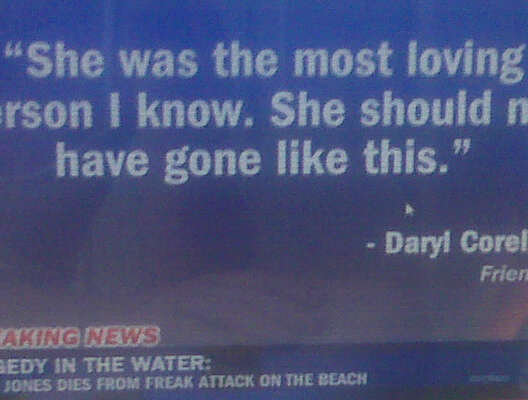
Yesterday I had the honour of being included in a list of the Top 30 Under 30 Tweeters, a compilation of the best Tweeps born after 1979. As its creator, Len Kendall put it: “You could say that #30u30t mirrors the NCAA Top 25 Coaches Poll…except for microblogging.” (So cool!)
Len deserves a tremendous amount of credit for initiating this tool. The work involved to review over 200 nominees’ Twitter accounts is overwhelming. These profiles were judged by at least three of a 12 member panel. This list carries weight, and being on it is really flattering.
It’s also really humbling.
The implications of Twitter and other social networking media have been discussed at length, and I’m not going to add to that right now. But a topic that I don’t think can be debated enough is the notion that with such a large public platform comes a great degree of responsibility.
I’m not saying that the average Tweeter has to be overly cautious about the content of their tweets. (I let loose now and then with something personal. That’s part of what makes it fun.) However, for people using Twitter (or Facebook, etc.) for business, there has to be care taken.
When your brand is at stake, the cost of online reputation management is never too high.
According to Michelle Tripp of the Brand Forward Blog:
Social media is fast becoming the central hub for brand communication. It’s easily the greatest opportunity we’ve ever had for building brands. Or for tearing them down. I can’t think of anyone who’d hand over Ferrari keys to a caveman. But there are plenty of companies giving away control to employees who haven’t accumulated enough marketing perspective.
Many brands–integral brands—are suffering the consequences of mismanaged social media. Michelle’s focus on the American Cancer Society’s Facebook flub should be a wake up call to all social media managers. (Her blog is a mecca of social media/communications information. Please take a look.)
That’s why a list like Len’s is so timely and relevant. It’s a priceless resource for anyone currently using Twitter, or exploring it as a marketing option.
As my fellow mentor, Derek Shanahan so eloquently stated on his blog:
Trust will always be the currency, and because there’s an ebb and flow to that, our efforts to highlight people who really add value or make themselves trustworthy should represent that.
It’s not that we’re all perfect, or have this thing totally figured out. However, if there isn’t an exact science to Twitter, there is an art. That’s why it’s important to business. That’s why if you don’t know how it works, you need to consult someone who does.
Once again, thanks to Len for compiling this resource of quality Tweeters. I’m looking forward to upcoming volumes of the #30u30t. Thanks to the judges for taking the time and effort to help and encourage us. Congratulations to all my fellow mentors and nominees!
Make sure to also follow Len’s efforts to include an Under 30 panel discussion at 2010’s SXSW Conference.










